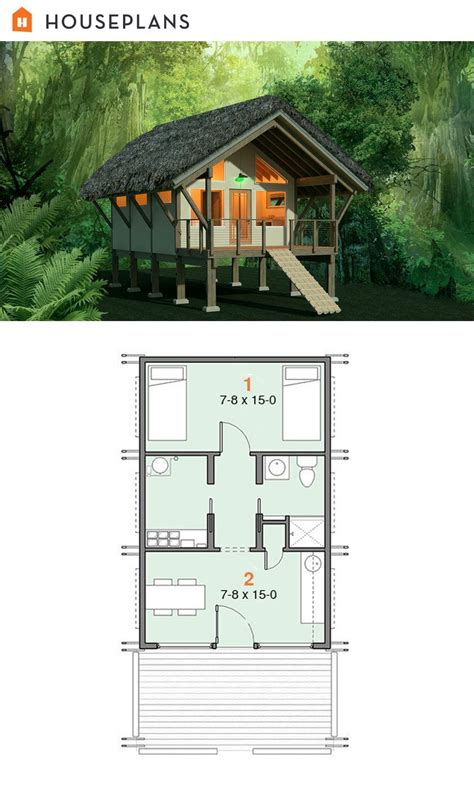Building a Sustainable 2000 Sq Ft Off-Grid Home: Costs
Building a sustainable 2000 sq ft off-grid home is a significant undertaking, demanding careful planning and a substantial financial commitment. The overall cost can vary dramatically depending on several factors, including location, materials, design complexity, and the level of self-sufficiency desired. This article breaks down the major cost components to help you better estimate the expense of your dream off-grid haven.
Land Acquisition: The Foundation of Your Costs
The first and often largest hurdle is securing land suitable for off-grid living. Prices vary wildly depending on location, accessibility, and existing resources like water sources. Remote, rural land is generally cheaper but may require significant investment in infrastructure development. Expect to pay anywhere from a few thousand dollars for acreage in less desirable areas to hundreds of thousands for prime, buildable land with desirable features. Don't forget to factor in potential costs associated with surveys, environmental impact assessments, and permitting.
Design and Permits: Planning for Success
Professional architectural and engineering design services for a large, complex off-grid home are crucial. These experts will ensure your plans meet building codes (even if relaxed in rural settings), integrate sustainable technologies effectively, and optimize the home's energy efficiency. This phase typically costs between 5% and 10% of the total construction budget. Permitting fees can add a further 1-3%, varying widely based on location and regulatory complexity.
Construction: Material Choices and Labor Costs
Construction costs form the bulk of your expense. Material choices significantly impact this figure. Sustainable materials like timber framing, straw bales, recycled materials, or locally sourced stone are often more expensive upfront but can offer long-term cost savings through energy efficiency and durability. Labor costs are another major factor. Hiring contractors for the entire project will be significantly more expensive than acting as your own general contractor and managing the process. Consider your own skillset and availability when budgeting for this phase.
What are the typical construction costs per square foot for an off-grid home?
This varies considerably, ranging from $100 to $300+ per square foot, depending on the materials, design complexity, and location. A 2000 sq ft home could, therefore, range from $200,000 to $600,000 or more in construction costs alone.
Off-Grid Systems: Investing in Independence
This is where the "off-grid" aspect significantly affects your budget. Essential systems include:
- Solar Power System: This is a substantial investment, with costs depending on the size of the system, battery capacity, and the level of energy independence sought. Expect to pay anywhere from $20,000 to $50,000 or more for a robust system sufficient for a 2000 sq ft home.
- Water System: Drilling a well, installing a water pump, and setting up a water filtration and storage system can cost anywhere from $10,000 to $30,000+, depending on the water source's depth and accessibility.
- Wastewater System: Septic systems or composting toilets require significant investment, ranging from $5,000 to $15,000 depending on the system's complexity and local regulations.
Unexpected Costs: Contingency Planning
Always allocate a contingency fund (10-20% of the total budget) to cover unexpected expenses. These might include material price increases, unforeseen site challenges, equipment repairs, or permit delays. Thorough planning reduces these risks but doesn't eliminate them entirely.
How much does it cost to build a 2000 sq ft off-grid home overall?
Bringing all the factors together, a 2000 sq ft sustainable off-grid home could cost anywhere from $300,000 to $1,000,000 or more. This is a broad range, highlighting the significant impact of location, material choices, and system selections. Meticulous planning, careful budgeting, and potentially seeking skilled professionals are paramount to managing costs effectively.
What are some ways to reduce the cost of building an off-grid home?
- Prioritize essential systems: Focus on the most critical systems (solar, water) first, and gradually add others as your budget allows.
- Employ DIY techniques: If you have the skills, undertaking some aspects of construction yourself can significantly reduce labor costs.
- Source materials locally: Locally sourced materials often reduce transportation costs and support local economies.
- Choose cost-effective materials: Explore cost-effective yet durable options without compromising quality or sustainability.
- Consider smaller square footage: Reducing the size of your home dramatically impacts construction costs.
Building a sustainable off-grid home is a rewarding journey but requires careful financial planning. By understanding the various cost components and employing strategies to manage expenses, you can make your off-grid dream a reality. Remember, thorough research and professional advice are invaluable throughout the entire process.

